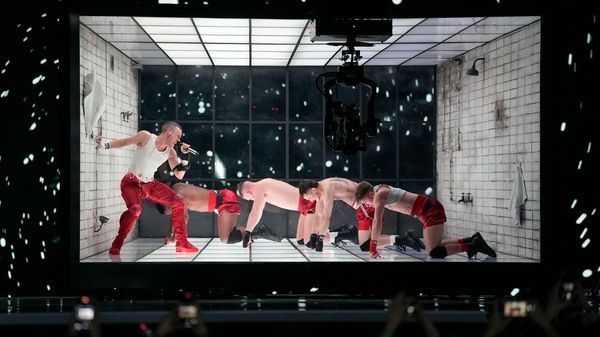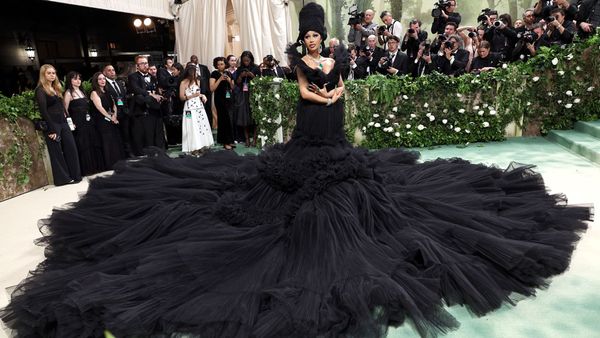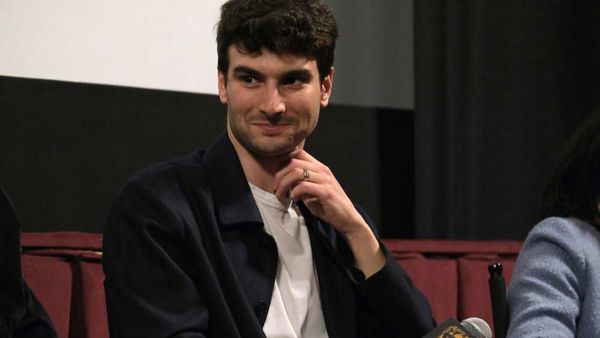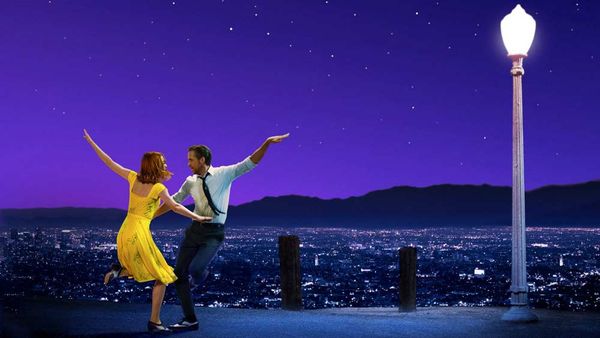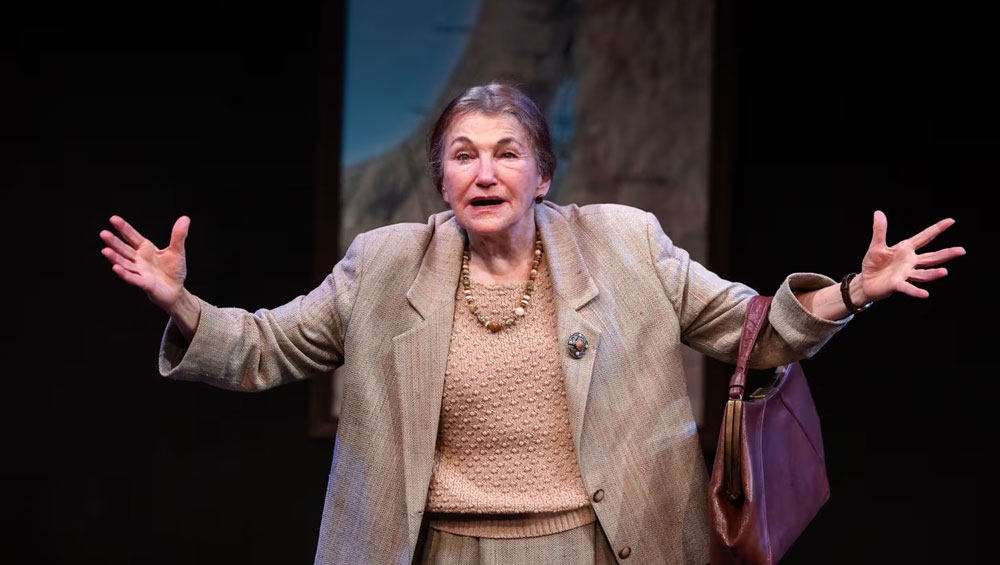
Mar 1
Actress Annette Miller Returns to Playing Golda Meir – 'It's More Vital Right Now'
Kilian Melloy READ TIME: 9 MIN.
Annette Miller saw Golda Meir talk while still a student at Brandeis. It was a profound moment that presaged Miller's star-turn when, in 2002, she was given the script for William Gibson's 1977 solo play "Golda" – a play that hadn't been a particular success – and took to it so thoroughly that her suggestions to the playwright led to a new version, "Golda's Balcony," that proved a hit.
The role brought acclaim to Miller (as well as the Elliot Norton Award). The play then premiered on Broadway in 2003, with Tovah Feldshuh in the role, and famously became the longest-running female solo show the Great White Way had ever seen, with 14 previews and 493 performances.
Miller has been a principal player at the Shakespeare & Company theater in Lenox, Massachusetts for decades, but her career has spanned across the state and its borders. Her long list of roles has included productions at the American Repertory Theater in Cambridge ("Nobody Dies on Friday"), Central Square Theater ("The Cherry Orchard"), Merrimack Repertory Theater at Liberty Hall ("The Glass Menagerie"), and the Theater Company ("Cat on a Hot Tin Roof"). She starred in a "Female Version" of "The Odd Couple" on Broadway, appeared on TV and in films ("The New Karate Kid," "Don't Look Up"), and her career has taken her as far as Russia, where, at the International Chekhov Festival, she starred in "The Seagull." She also has memorably played such real-life individuals as Maria Callas in Terrence McNally's "Master Class," Martha Mitchell in Jodi Rothe's "Martha Mitchell Calling," and Diana Vreeland in "Full Gallop," a solo piece written by Mark Hampton and Mary Louise Wilson on the life of the great fashion editor.
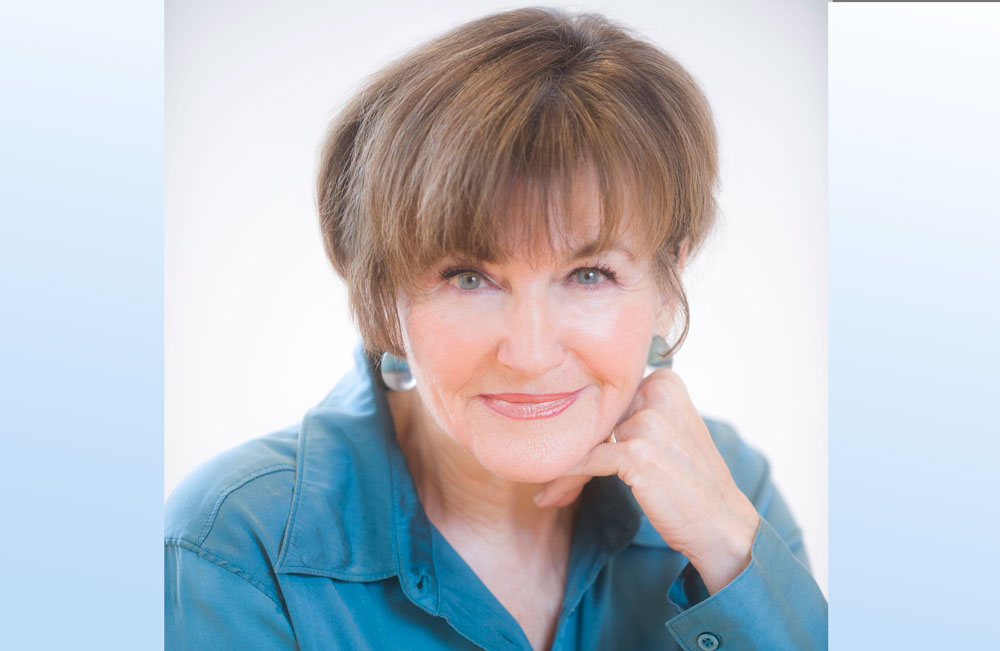
But "Golda's Balcony" has remained a touchstone. The solo play encapsules Golda Meir's long and storied life as a proponent for the State of Israel before there was a State of Israel. In the role, Miller recounts Meir's work for a Jewish state in Milwaukee in the 1910s, her immigration to Palestine and life on a kibbutz in 1921, her fundraising to defend Israel in its nascent post-World War II days, and her premiership as the young country's head of state from 1969 - 1974, during which time the 1973 Yom Kippur war tested her mettle and that of the fledgling Jewish homeland. Meir unflinchingly led Israel to victory in that conflict, but in Gibson's script – set at the end of Meir's life – Golda remains haunted by the price, paid in blood, for the security of her nation.
Now Miller portrays Golda Meir once again. Following a revival of the play last summer in the Berkshires with Miller winning acclaim once again in the role, Shakespeare & Company brings "Golda's Balcony" to the Jackie Liebergott Black Box Theatre at the Emerson Paramount Center from Feb. 23 – March 10.
Annette Miller chatted with EDGE about the play, her part in helping shape it, and how Golda Meir – the historical figure and the theatrical creation – have influenced her life.
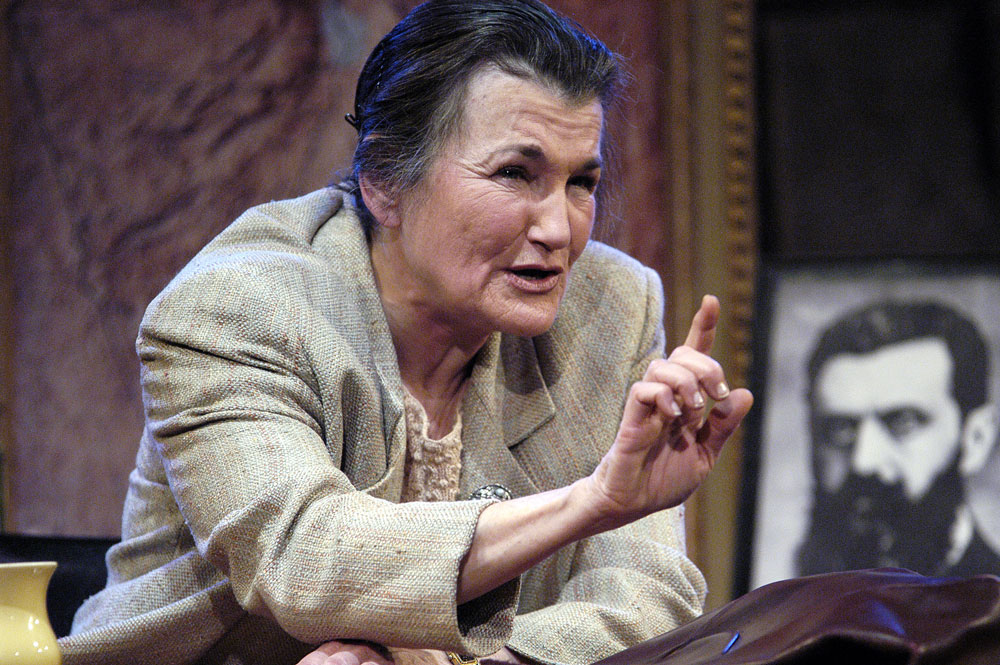
Source: Kevin Sprague
EDGE: When you first read the script, what made you want to do the show?
Annette Miller: I was blown away because Bill Gibson is such a good writer. Returning to this script at different times in our history, [with] what's happening in the world, is amazing. I wonder now: When I first did it in 2002, what was I really drawing from? I was drawing from my actor's ability to imagine the time in 1973 [when] she got that phone call that [Israel had been] attacked. Now, it's right there in front of me. It's so present. So, to me, the whole script is fuller, it's more important.... it's just more vital right now.
EDGE: You were in a revival of the play last summer, but was the upcoming production at the Emerson Paramount Center already in the works when the events of October 7 took place?
Annette Miller: A year ago January, the artistic director [of Shakespeare and Company] and I had been talking and he said, "What about reviving 'Golda'?" – which people were saying to me before the protests [in Israel against the government's plan to retool the judiciary]. I always thought how prescient artists can be. There's something going on, and we kind of feel it, and then there it is in front of you.
Then the show was so successful this summer. I mean, we sold out! Shakespeare and Company said, "Listen, we really should move this," so, we started trying to see if [we could get it staged in] Boston, my hometown. I had a lot of people here who said, "We'd love to see it," and we started doing negotiations and finding a theater – which wasn't the easiest thing to do in September, when all the seasons are decided. And then October 7 [happened].
[At that point] it became more desperate on our part to get this play in. It was so necessary – necessary for people to gather, necessary for the Jewish community to look at it as a community, to hear a voice that would guide them through and give them some sort of basis.
We didn't really nail the theater down until, I think, November. We had thought of bringing it in in January, but that it was just too close, and we just couldn't, so we're back here in February.
Kilian Melloy serves as EDGE Media Network's Associate Arts Editor and Staff Contributor. His professional memberships include the National Lesbian & Gay Journalists Association, the Boston Online Film Critics Association, The Gay and Lesbian Entertainment Critics Association, and the Boston Theater Critics Association's Elliot Norton Awards Committee.


